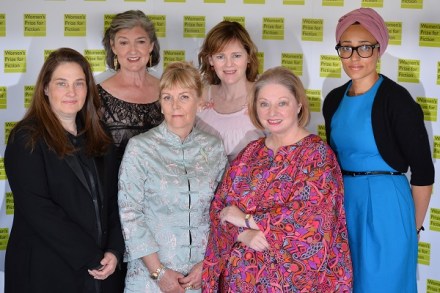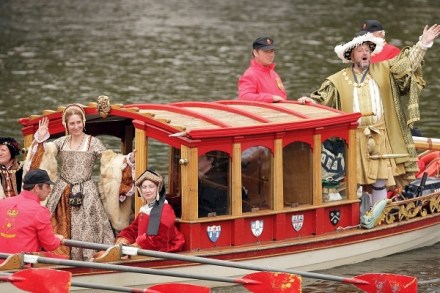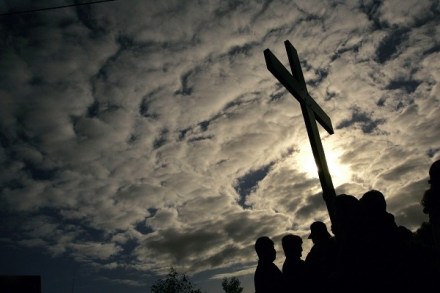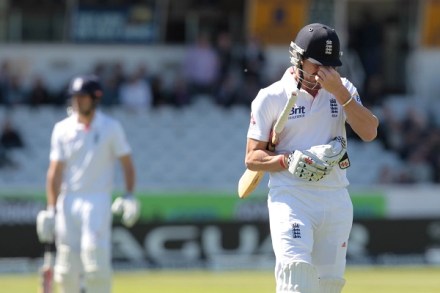The Frontman, by Harry Browne – review
More from BooksAccording to a story which Harry Browne accepts is surely apocryphal, but which he includes in his book anyway, at a U2 gig in Glasgow the band’s singer silenced the audience and started to clap his hands slowly, whispering as he did so: ‘Every time I clap my hands a child in Africa dies.’ Someone





















